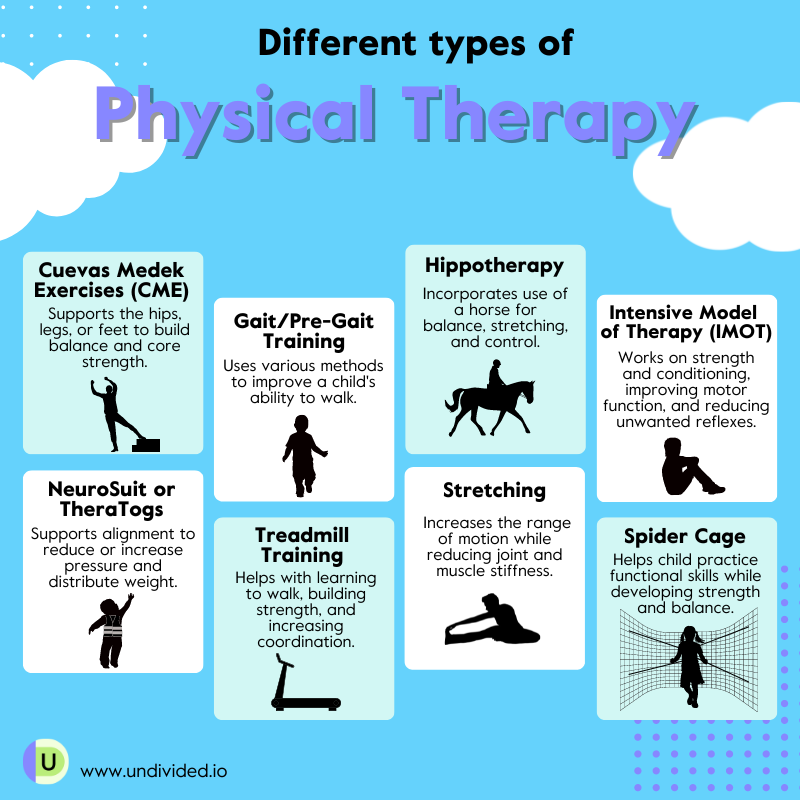The Essential Impact of Resistance Training on Improving Recovery and Effectiveness in Sports Recovery
The Essential Impact of Resistance Training on Improving Recovery and Effectiveness in Sports Recovery
Blog Article
Resistance training plays a vital role in sports recovery, assisting athletes heal from injuries and enhance their overall performance. When an athlete gets injured, their physique needs period to heal. However, during this recovery period, it is essential to maintain strength and mobility to prevent further damages. Resistance training can be customized to fit the requirements of each individual, concentrating on particular muscle areas that may have been affected by the trauma. This focused approach not only assists in rehabilitation but also prepares the individual to come back to their activity more robust than previously.
One of the primary advantages of strength conditioning in rehabilitation is its capability to enhance muscular power and endurance. When muscular tissues are stronger, they can more effectively support articulations and minimize the chance of re-injury. For instance, an athlete healing from a knee trauma can benefit from exercises that fortify the quadriceps and back thigh muscles. These muscles play a crucial role in stabilizing the knee articulation. By incorporating resistance training into their rehabilitation plan, athletes can recover their power more effectively and securely.
In addition to developing power, resistance conditioning also improves mobility and range of movement. Many traumas can lead to stiffness in the injured area, making it challenging for athletes to navigate easily. Strength training workouts often involve extending and lengthening the muscular tissues, which can help restore mobility. For instance, incorporating resistance straps or weights into flexibility routines can enhance the effectiveness of these exercises. As mobility improves, individuals can execute movements more effectively, which is essential for peak capabilities in their sport.
Another crucial aspect of resistance conditioning in athletic rehabilitation is its positive impact on mental well-being. Recovering from an injury can be a challenging and exasperating process for athletes. Participating in resistance conditioning can offer a feeling of accomplishment and boost confidence. As individuals see gains in their power and abilities, they may feel more motivated to continue their rehabilitation process. This psychological uplift can be just as crucial as the physical benefits, as a optimistic mindset can lead to better outcomes in recovery.
Finally, strength training can help individuals move back to their sport more seamlessly. Once they have recovered their power and flexibility, athletes must to rehearse activity-specific movements to guarantee they are prepared for competition. Strength conditioning can be combined with sport-specific drills to create a comprehensive rehabilitation program. This combination allows athletes to not only recover but also enhance their capabilities. By concentrating on both Visit This Link recovery and performance, strength conditioning becomes an crucial instrument in the rehabilitation process, assisting individuals come back to their sport stronger and more resilient.